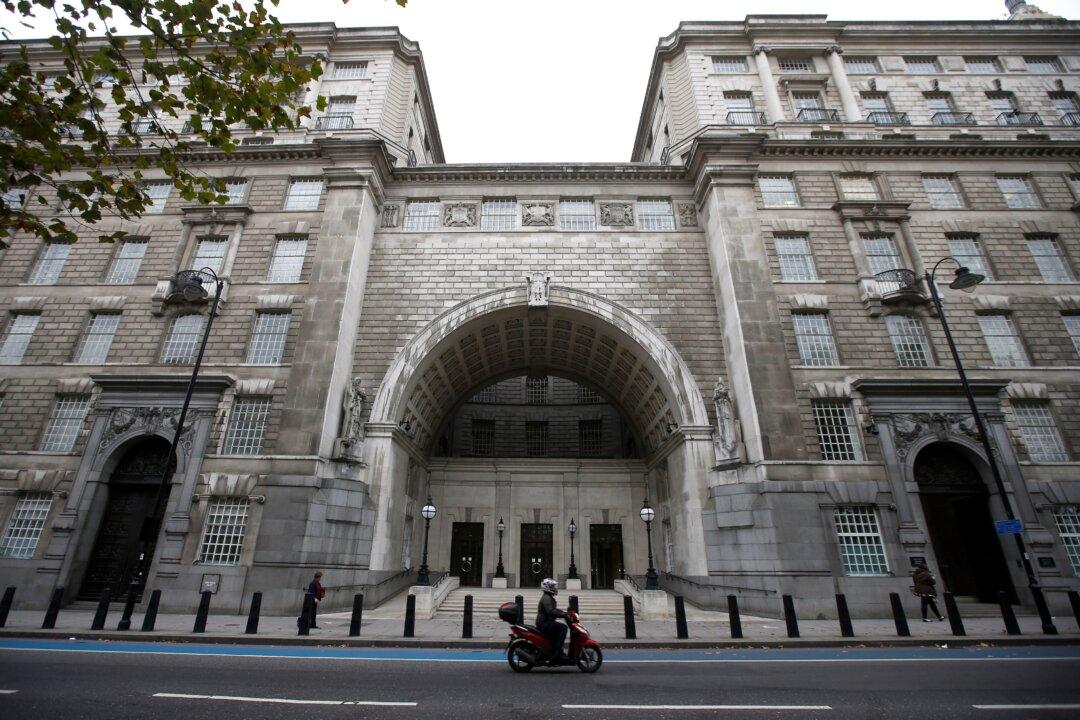The Covert Human Intelligence Sources (CHIS) Bill allowing authorisation by M15 and other agencies for undercover operatives to break the law passed its third reading in the House of Commons on Thursday after challenges from the Labour Party.
Before the bill was passed Labour proposed an amendment for the legislation to state exactly what undercover agents would be permitted to do under it.





